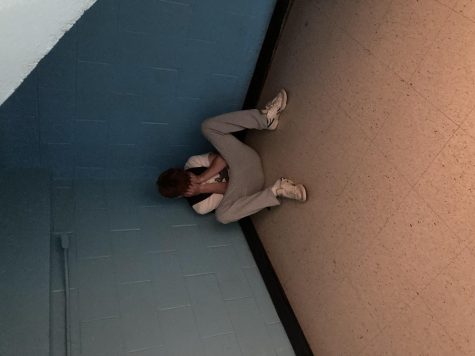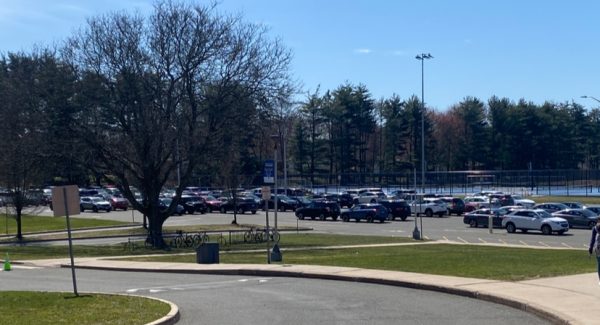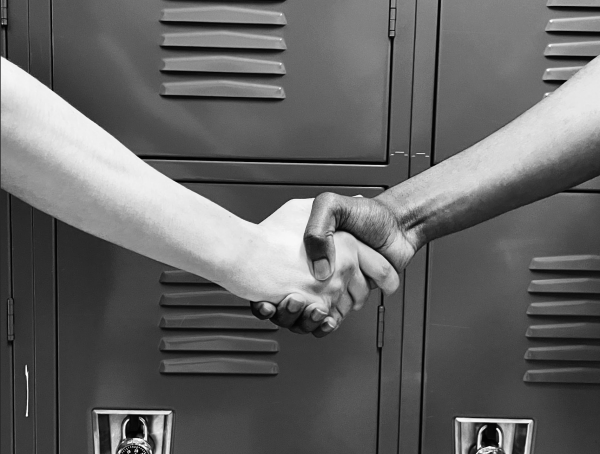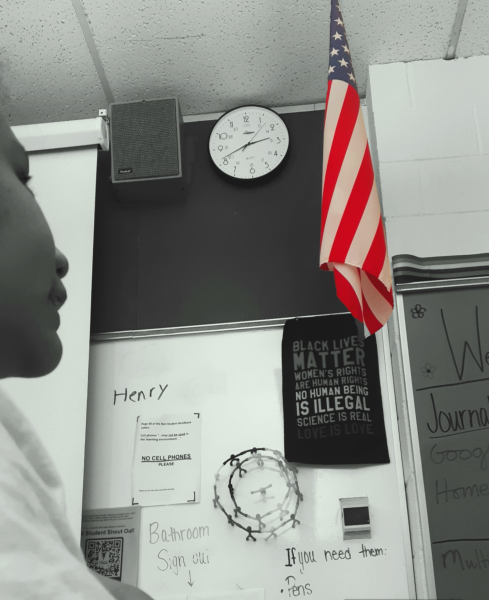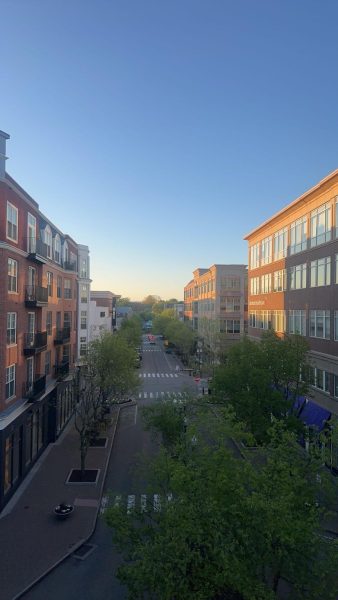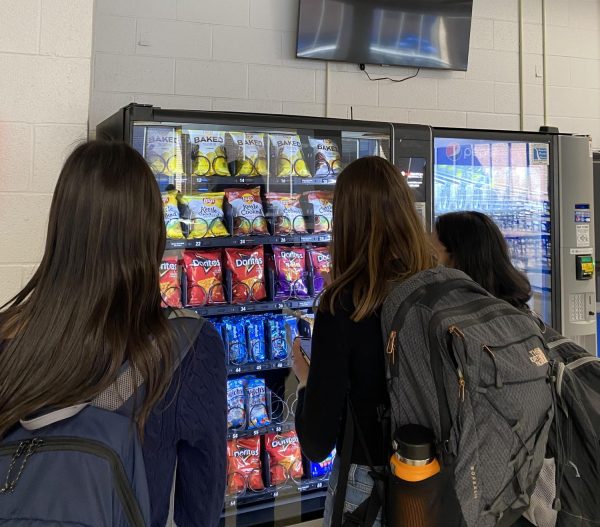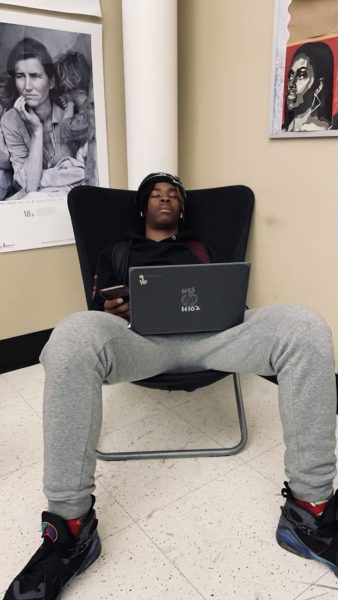Social isolation in Hall High
As the lunch bell rings, instead of flocking to the bustling cafeteria, a growing number of students are opting to dine in the hallways, away from the crowded tables and noisy chatter. This new trend has sparked debate among school officials and parents alike, with some praising the creativity and independence of the students while others worry about the potential safety concerns and lack of supervision.
So why is this happening ? It could be the social polarization of already cemented friend groups or the noisy and chaotic environment. These cemented groups make it hard for people to reach out and find friends. Many students who have trouble finding their way in a lunchroom environment already have developed social anxiety and selective mutism to make this even more of a hardship. On top of that, with hundreds of kids conversing, laughing and yelling, it can sound like chaos. This makes the lunchroom even more prone for students to separate themselves from the lunchroom. “The reason why I don’t go to the cafe is because I don’t like the people there. All the tables are so cliquey” Said Amaya, A sophomore at Hall High. “The reason I come here is because it’s quiet and relaxing.” said Tristan Hunt, A senior at Hall High, When Talking about the corner near the auditorium he hangs out in. Many of the students felt the same way when discussing the isolation.
So what is the flipside to this? Should the administration let students sit by themselves. Hence making them more socially distant and immature. “Social isolation and loneliness among children are associated with increased mental health struggles; another study that examined the effects of social isolation across the human life span indicates that it can impair executive functioning skills.” said Carolyn Curtis from Edutopia, a part of the George Lucas Educational Foundation. She has over 10 years of experience as a school social worker. Letting students stay away from socialization can hurt their development as a person, not just socially but the actual executive part of the brain that is responsible for decision making. “The problem is they are leaving food, the trays and the mess in other locations other than the cafeteria which is causing more work for the custodians that have to clean up at the end of the day” said Albert Bonfiglo, a member of the security guard here at Hall.“I’m not really worried about roaming and staying inside the building. It seems to be okay. There are designated spots and the kids seem to be doing pretty good with that, so no, no safety issues” He said “I totally agree with the how the kids might wanna get away from the cafeteria, there are 3 [hundred], 350, 400 kids in a cafe at a time here at hall, so having an outlet to go to and have them decompress is a good idea” he said
It seems to have rooted from the involuntary isolations of the 2020 covid lockdowns, which shut schools down in mid march, and transitioned kids to an online learning system that would enable them to be able to not show their face, and remain muted while being marked present for their classes.Many of the students don’t feel comfortable and feel like being judged. “In a May 2020 survey, seven out of 10 teens reported mental health struggles, 61 percent said they had experienced an increase in feelings of loneliness, 43 percent said they had experienced depression, and 55 percent said they had experienced anxiety.” per a survey conducted by The Harris Poll. Kids that socially isolate themselves long term are proven to have a direct correlation with mental health issues; another study, conducted by Louise C. Hawkley and John P. Capitanio, examined the effects of social isolation across the human lifespan, indicating that it can impair executive functioning skills. This should raise concerns to not only administrators, but also parents. 